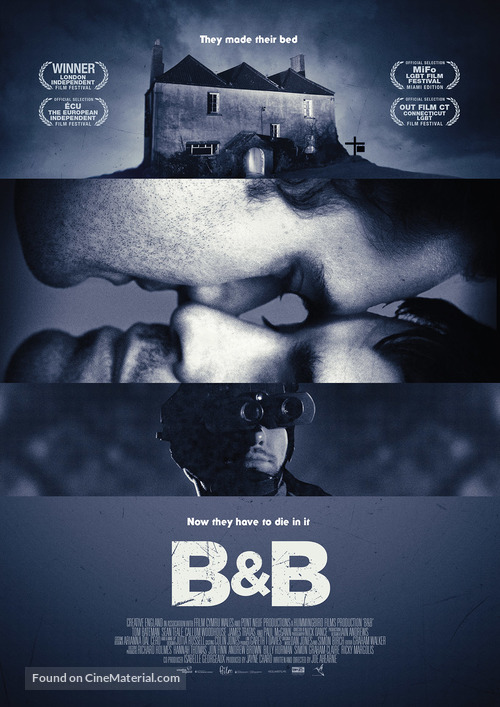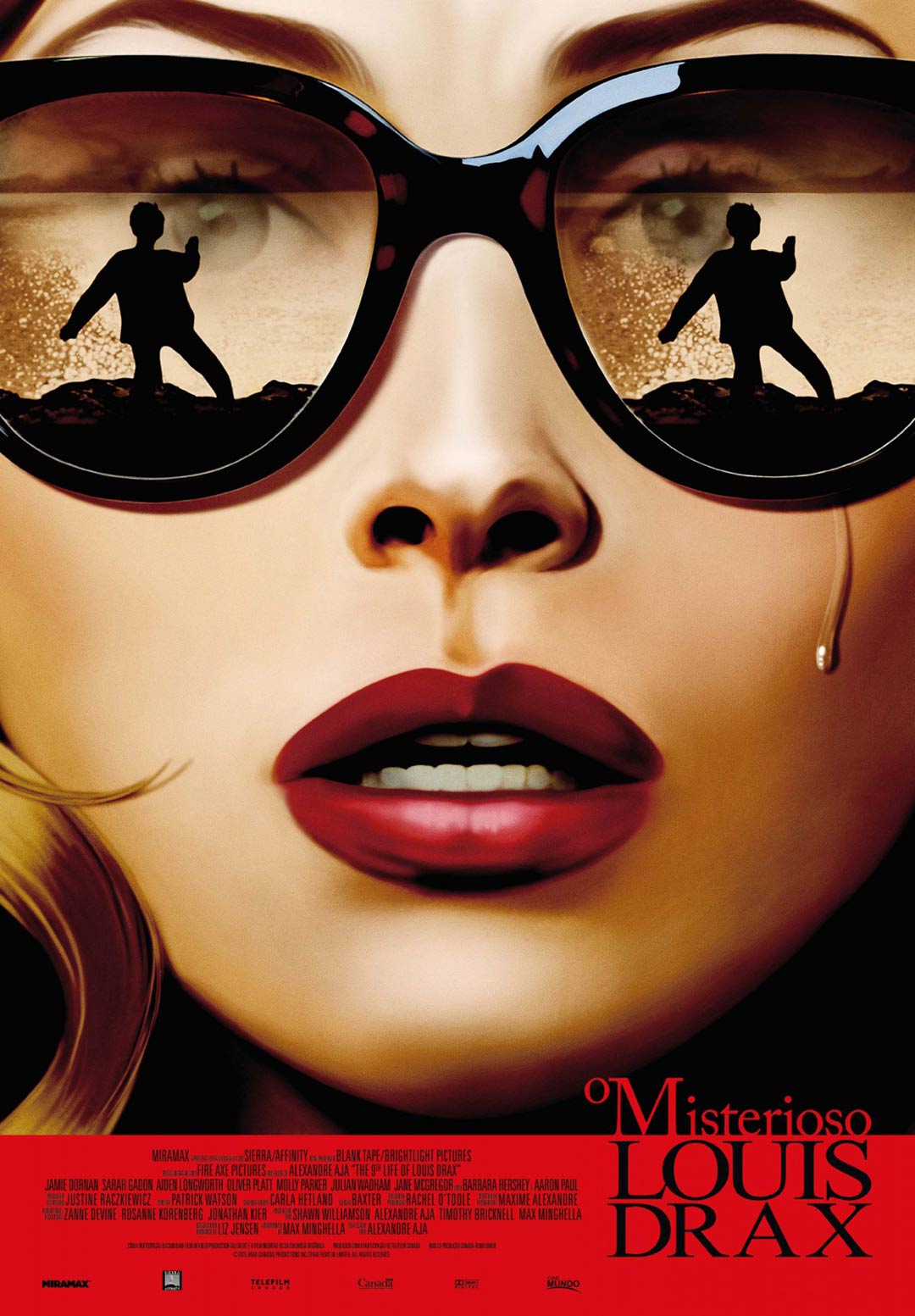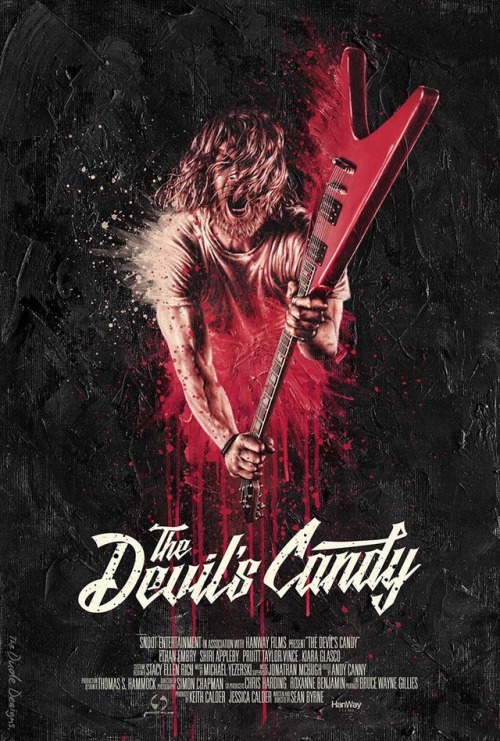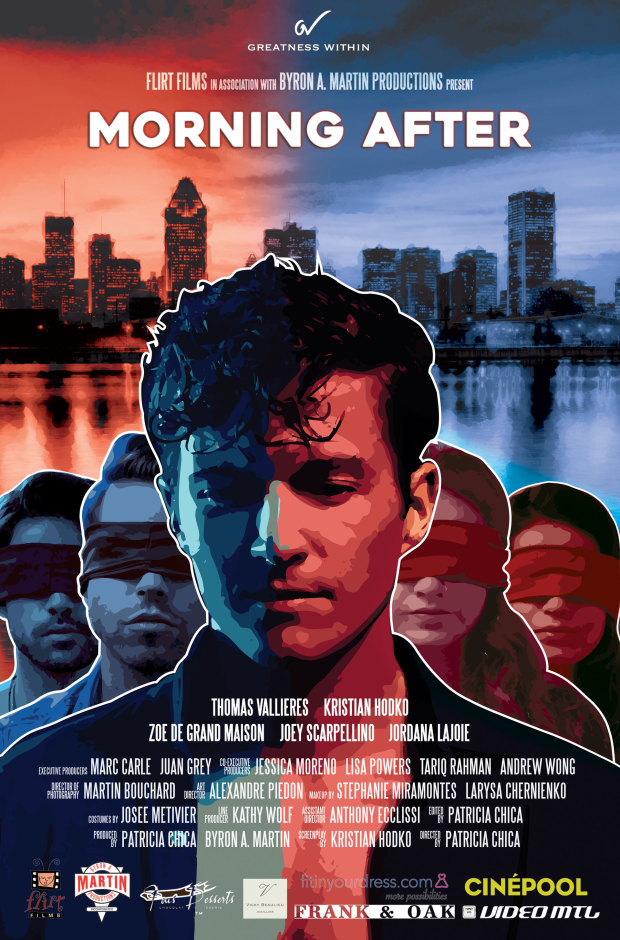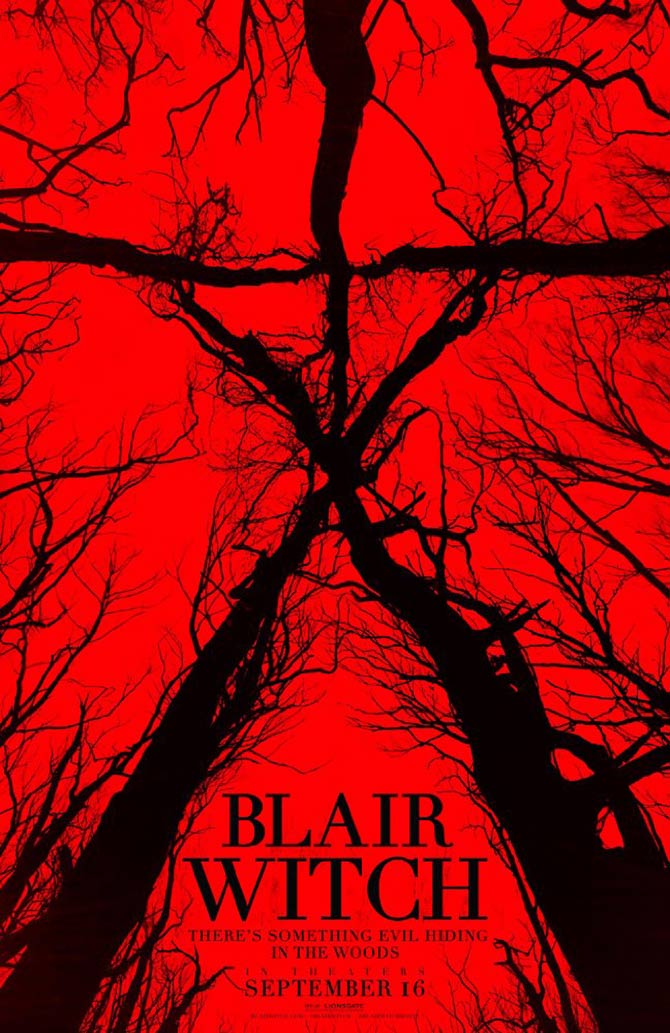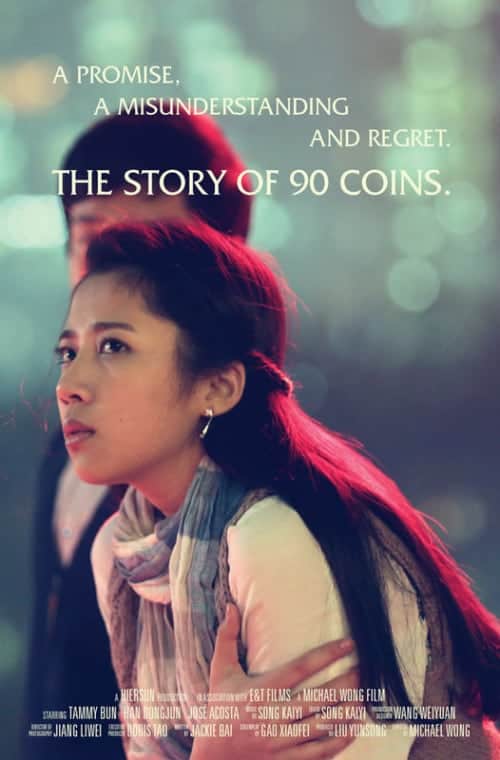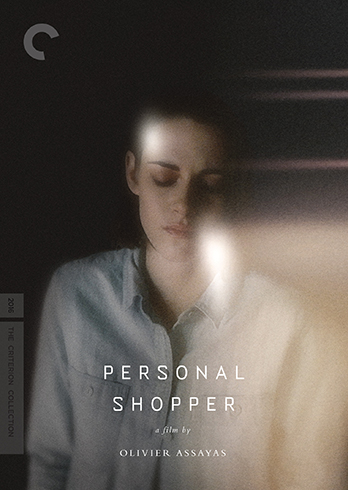 |
| https://s3.amazonaws.com/criterion-production/release_boxshots/4748-3f9c533462ebab16b622dd265580559f/899_DVD_box_348x490_original.jpg |
By Thomas Puhr
Maureen (Kristen Stewart, in an eye-opening performance), a part-time clairvoyant and full-time personal shopper for a spoiled celebrity, obsessively searches for a sign from her deceased brother in Olivier Assayas’ enigmatic Personal Shopper (2016). Though the film does showcase some supernatural imagery, it is most intriguing as a character study. As Maureen stalks the empty rooms of what was her twin’s house, tiptoes around her perpetually-absent boss’ lavish apartment to update it with the latest couture and jewelry, and has an increasingly-disturbing text dialogue with an unknown number, one realizes she is just as much a ghost as her brother.
Maureen (Kristen Stewart, in an eye-opening performance), a part-time clairvoyant and full-time personal shopper for a spoiled celebrity, obsessively searches for a sign from her deceased brother in Olivier Assayas’ enigmatic Personal Shopper (2016). Though the film does showcase some supernatural imagery, it is most intriguing as a character study. As Maureen stalks the empty rooms of what was her twin’s house, tiptoes around her perpetually-absent boss’ lavish apartment to update it with the latest couture and jewelry, and has an increasingly-disturbing text dialogue with an unknown number, one realizes she is just as much a ghost as her brother.
